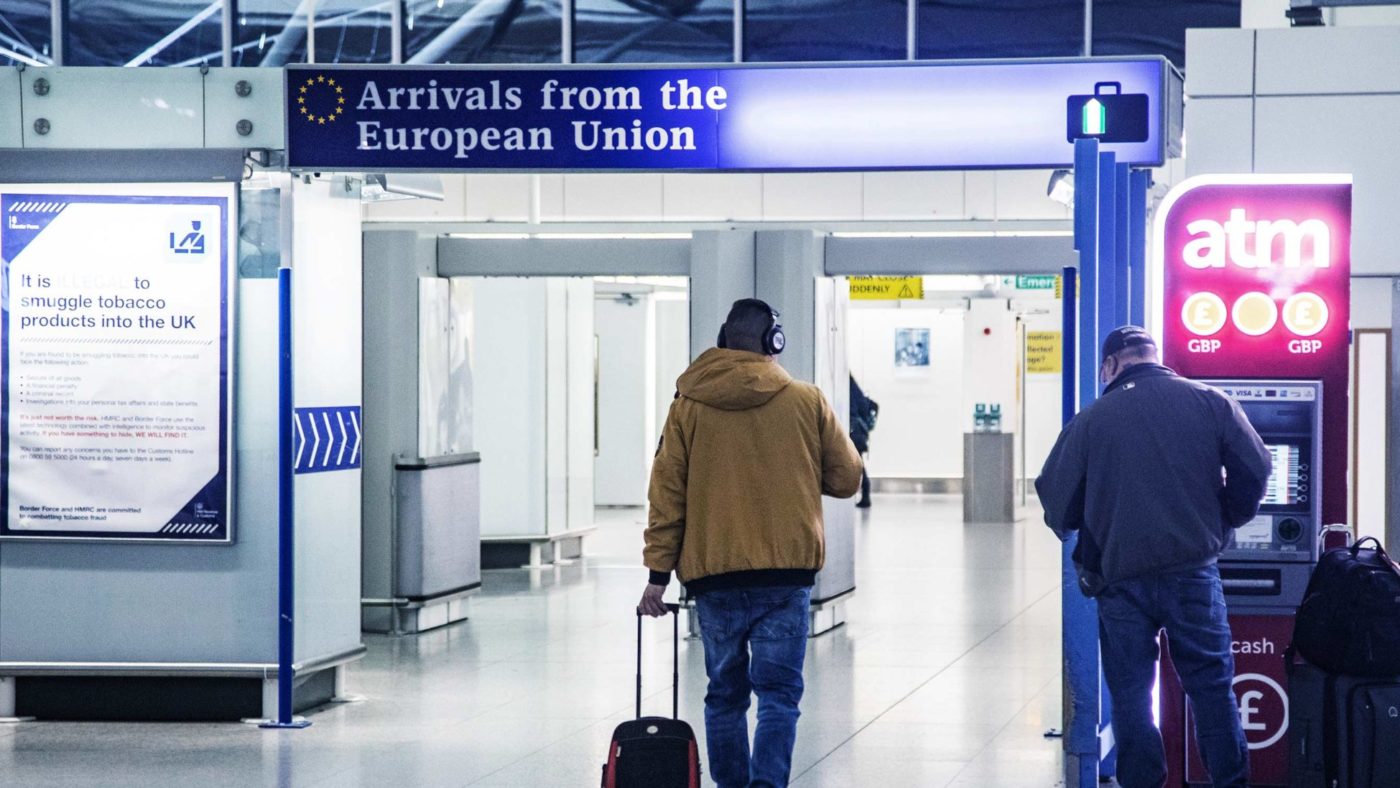There have been some signs that the British public’s attitude to immigration has softened since the EU referendum in June 2016, with polls indicating that the public have eased their views on the importance and impact of immigration. There is certainly some truth to this claim. However, we ought to be mindful of over-interpretation.
Certainly a change in attitudes has been found consistently across different companies’ polls. In September 2015, some 56 per cent of the public naming immigration as one of the most or the most important issue in, a figure that had fallen to just 21 per cent by December 2017.
The 2018 British Social Attitudes Survey also found that 17 per cent of Britons thought that immigrants had a negative impact on the economy and 23% thought they undermined Britain’s cultural life. In 2011, both of these figures were around 40 per cent, which shows a pretty considerable drop-off in negative perceptions of immigration.
More recent polling has found that 45 per cent of voters believe migration has had a positive impact on Britain, while 31 per cent believe it has had a negative impact. Again, this marks a clear turnaround from June 2015, when the figures were roughly 45 per cent negative and 35 per cent positive.
What’s more, the percentage of people who believe that immigration into Britain over the last ten years has been either much too high or a little too high has fallen from 70 per cent in August 2016 to 63% in April 2018.
Then again, that still means a majority of the public believing that levels of immigration are too high. Bear in mind too that an April 2018 poll found only 4 per cent of the public saying immigration has been a little too low or much too low.
This is a fundamental point. Yes, attitudes towards the importance and impact of immigration generally do seem to have improved in recent years. However, this does not mean that the public now favour increased levels of immigration. In fact, the opposite is still true.
In 2017, around 57 per cent of those polled wanted immigration to Britain to be reduced either a little or a lot. Other more recent polling finds that 58 per cent want immigration to be reduced a little or a lot.
Perhaps more importantly, only a very small minority of the public favour an increase in levels of immigration. The above polls show that only 13 per cent and 8 per cent respectively want immigration increased a little or a lot.
Some argue that the EU referendum has acted as a ‘pressure valve’ for concerns about immigration, with the public believing that leaving the EU is leading to greater control over – and a reduction in – immigration. One poll found that 24 per cent of those who were less worried about immigration said it was because they believed fewer immigrants would come to the UK after Brexit.
This serves as a possible warning: if Britain does not leave the EU, or indeed remains in the single market, there is the very real possibility that concerns about, and attitudes towards, immigration will harden.
A growing proportion of the British public may see immigration and immigrants more positively in recent years. Nevertheless, this does not mean a majority of people actually want more immigration. Those who have trumpeted this softening of attitudes should beware interpreting it as a call for the loosening of immigration controls after Britain leaves the EU.
CapX depends on the generosity of its readers. If you value what we do, please consider making a donation.


